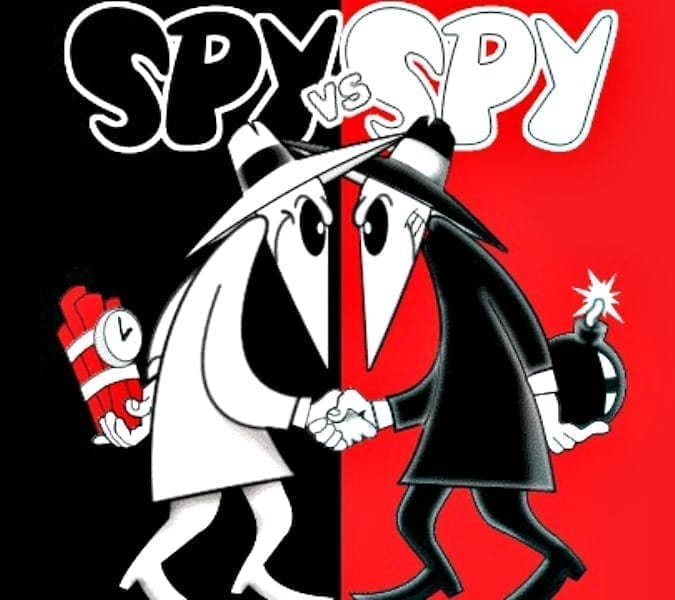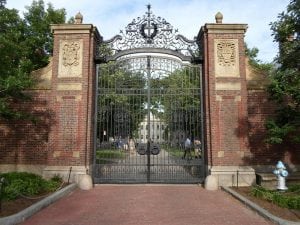– News from elsewhere covered by Quincy Quarry News with commentary added.
Why Russian spies really like American universities.
If the charges against Mariia Butina are accurate are accurate, she is only the latest in a long line of Russian agents to go undercover on American college campuses, if not also go under the covers.
Ms. Butina – the latest Russian alleged operative to work her wiles – received a master’s degree in international relations this past spring from American University in Washington, D.C., courted the National Rifle Association’s top guns and sought access to Republican presidential candidates Scott Walker and Donald Trump.
How successfully, however, remains to perhaps be eposéd during her impending trial.
Russian national Maria Butina has been indicted on two charges, including acting as a foreign agent https://t.co/sv3IHkb1Rt pic.twitter.com/OvygXZ4ngc
— CNN (@CNN) July 17, 2018
If the charges against Butina are accurate, she’s only the latest in a long line of Russian agents to infiltrate American universities.
While Soviet and now Russian espionage operations have long worked both kompromat and Mata Hari angles – and often combinations of both and more, just plain old reaching out to people tied to universities or otherwise infiltrating universities have also long been effective espionage modus operandi.
After all, not only are there starving students to work, there are also faculty suffering from penury as well as who also have both egos and other things to stroke.
Dating back to the Soviet era, Russian spies have sought to take advantage of academia’s lax security, collaborative nature, global culture, and revolving door with government.
In particular, Russian intelligence understands that today’s professor of international relations may be tomorrow’s assistant secretary of state – and vice versa.
Conversely, United States universities, ever-sensitive to their finances and global relationships, have largely ignored the threat of foreign espionage.
For but a couple of examples of universities’ ignorance, they have ramped up their enrollment of full-tuition paying international students as well as opened campuses abroad and which are often subsidized by their host countries.
Although cyber-spying efforts such as hacking offer opportunities to glean secrets at less personal risk, traditional strategies of human espionage persist with sending a spy to school prominent among old school practices.
Plus, Russians have long played the long game as well as chess.
Quincy Quarry further suggests that long Russian winters have fueled Russian patience, persistence and attention spans. That and often all but interminably lengthy pieces of Russian literature.
Perhaps most importantly, while Hollywood has long played up spy stories premised on stealing some technology breakthrough or a key piece of information about pending plans, the fact of the matter is that no small part of intelligence work is poking around for indications of often all but mundane things.
That and how this and a little of that might be worked tactically within a much larger strategic plan or if perhaps disinformation is instead coming their way via other channels.
For example, one can argue that “Star Wars” was seen by some in the know as a wicked expensive bluff but which was still seen as worthwhile as it helped fuel the collapse of the former Soviet Union.
Simply put, the Soviet Union could not compete technologically against a technology it did not know that those in the know in the United States knew was not likely to prove successful if for no other reason than the fact that an anti-ballistic missile defense system protecting the United States would be powerless to protect the United States from a nuclear winter caused by United States nuking the Soviet Union.
Source: Why Russian Spies Really Like American Universities — ProPublica





















QuincyQuarry.com
Quincy News, news about Quincy, MA - Breaking News - Opinion
No more posts